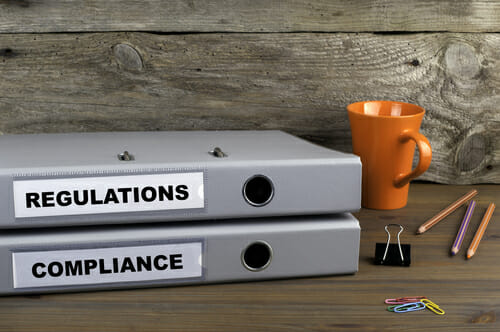The addresses belong to hackers seeking to interfere in the upcoming presidential elections. The US Treasury seeks to give a warning signal to Russian hackers with the ban.
In recent days, the US Office of Foreign Assets Control (OFAC) added 24 addresses of Bitcoin and other cryptocurrencies to its blacklist. According to this state agency, the addresses belong to Russian hackers who sought to interfere in the US presidential elections this year and used cryptocurrencies to finance their activities.
Four people, in particular, have links to the addresses: Anton Andreyev, Darya Aslanova, Andrii Derkach, and Artem Lifshits. These hackers mainly used addresses of Bitcoin (BTC), but also those of other cryptocurrencies such as Dash (DASH), Ether (ETH), Litecoin (LTC), Zcash (ZEC), and Bitcoin Satoshi Vision (BSV).
According to the Treasury Department, Russian hackers use “a variety of powers to influence voters as part of [their] broadest efforts to undermine countries and democratic institutions.”
Russian hackers’ actions would be based on “creating false and baseless narratives about the American officials who will participate in the next presidential elections.”
The Treasury considers that the decision that they made concerning the Bitcoin addresses is a clear signal to Russian cybercriminals that the United States will not tolerate this activity.
Russian Hackers Also Used Bitcoin to Finance Attack in 2016
Russian cybercriminals had reportedly attacked with a similar objective in 2016. The US Department of Justice accused a group of Russian intelligence officials of infiltrating the computers of people and institutions to interfere in the presidential elections of that year.
The investigation revealed that the spies financed at least part of the operation with Bitcoin. The agency also accused them of having laundered money of USD 95 thousand, taking advantage of the pseudo-anonymity that cryptocurrencies offer.
SDN, Blacklist Including People, Organizations, and Bitcoin Addresses
The blacklist, known as the SDN List (Specially Designated Citizens and Blocked Persons List), includes firms, organizations, and individuals considered to be a threat to US national security and foreign and economic policy.
No US citizen or company has permission to keep business links with those appearing on the SDN List.
It is not the first time that addresses of Bitcoin and other cryptocurrencies have appeared on this list. Since November 2018, this has been a decision that OFAC has frequently made when the situation has required it. However, it was not clear at the time how they would enforce this restriction. The same thing still seems to be happening.
In 2018, attorney Joe Ciccolo said that “miners may be required not to confirm, or block, transactions involving the listed addresses, which is against mining itself.”
Some Bitcoin selling companies, such as Bitcoin ATM Company Athena, do not allow sending cryptocurrencies to the blocked addresses. However, this is a decision that the companies make as a preventive measure since there is no specific regulation on the matter.
By Alexander Salazar











